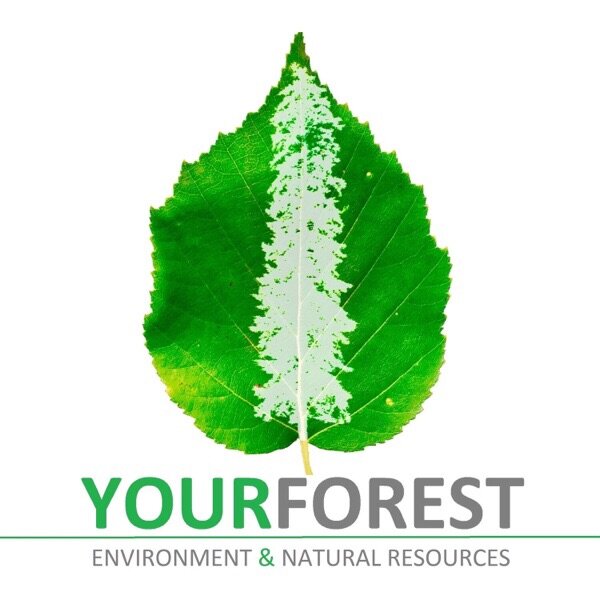The Boreal Forest is the worlds LARGEST forested biome! Understanding the inner workings of such a callosal giant can be overwhelming. Now add climate change to the mix. What does the future hold? Luckily, an enormous team of researchers have banded together to create this incredible book that details what we need to do to keep the Boreal Forest healthy, and thriving, for the foreseeable future. Did I mention this incredible resource is completely FREE? See show notes for that link.
Resources
Boreal Forests in the Face of Climate Change: Sustainable Management (Volume 74)
Sponsors
Quotes
07.46 - 07.54: “When I look at the current situation, I feel like the major challenge of humanity right now is climate change.”
Takeaways
For the love of boreal forests (04.39)
Sylvie is an Emeritus Research Scientist with the Canadian Forest Service at Natural Resources Canada, Miguel is the Professor of Forest Ecology and Guillaume is the Professor of Aquatic Ecology at the University of Quebec. The book they created was inspired by another book, Ecosystem Management, and is written to draw attention to the problems of the boreal forest, which represents 25% of the forest cover in the world.
Inclusive writing (14.40)
Sylvie mentions that 148 authors from different fields - forestry, ecology and environmental science - came together to create this book. Miguel was surprised by the support received for the book. He wanted each chapter to be an intergenerational tool to fight climate change and wanted to have representation from female authors and early career researchers, along with representation from different countries.
Healthy and resilient forests under climate change (21.33)
Miguel highlights that it is essential to maintain a balance between natural and managed landscapes in order to maintain a healthy ecosystem. Sylvie points out that taking a deterministic approach to forestry does not work in the face of a constantly changing natural world. However, nature has balance built into it, so the forest that comes back naturally after fire might be more resilient to future conditions.
Ecosystem management on the disturbance regime (28.42)
Sylvie explains that fire creates diversity at the landscape level which harvesting doesn’t allow. At the time of the book Ecosystem Management, the idea was that by understanding the natural disturbance regime of the forest, they could better manage the managed forest, which is what these editors adapted too. The current disturbances are related to temperature fluctuations from climate change, which impact the health and resilience of forests.
Climate change is here (36.19)
Miguel urges listeners to note how frequent climate change impacts have become, and provides examples from different regions that have had hurricanes and storms. Guillaume notes that lakes in some northern countries like Canada and the Scandinavian countries have been becoming browner. Lakes are defined by the occurrences in the watershed and impact the flora and fauna associated with the boreal forest.
Managing forests for the future (50.55)
Sylvie shares some tactical decisions made for management planning, including diversifying seed sources and strategic planning of annual allowable count. “You have to plan not just what you want to harvest but what you want to leave”, she clarifies. Miguel adds that they want to preserve forests applying ecosystem management and diversity plantation to increase productivity and tap into their carbon sequestration potential.
Human - forest interactions (59.10)
Miguel says human-forest interactions will be the basis of forest management in the future, to achieve sustainability in the economy, ecology and society. When forests are public, they are for everybody to enjoy. He touches upon the spiritual aspect of Indigenous forest interaction and how Indigenous communities value preserving their ecosystems using multifunctional ways of forest preservation.
Love is the greatest force (1.11.51)
Miguel believes that people must be more flexible in their approaches in the light of the new information on global climate change. Their book speaks to this commonality across the globe, and speaks to cooperation amongst scientists everywhere to improve solutions. “Science is the most powerful tool in the world to look for solutions for each challenge for humanity”, he claims, and refers to how the love of the forest drives solution seeking together.
If you liked this podcast, please rate and review it, share it on Instagram, Twitter and Facebook, tag a friend, and send your feedback and comments to yourforestpodcast@gmail.com.

